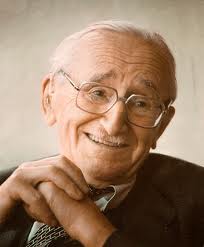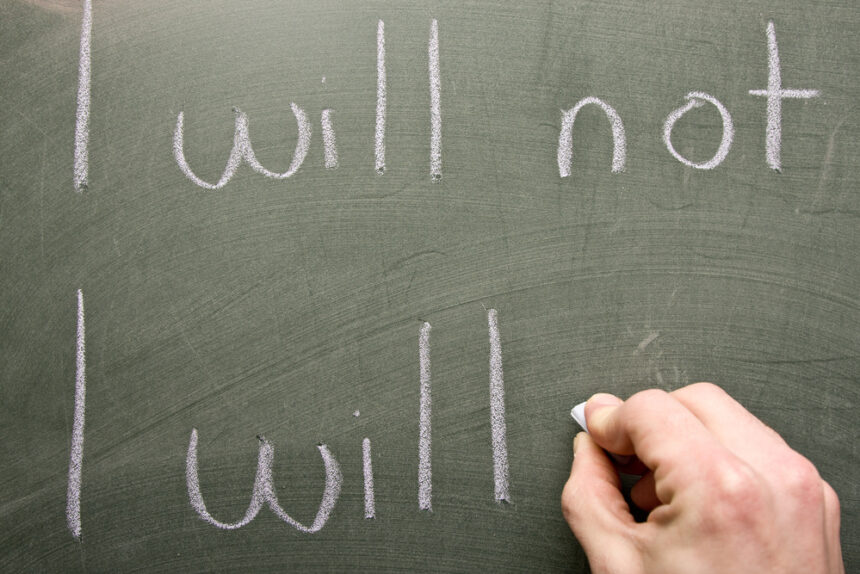This is the second of two posts on Matt Zwolinski’s criticism of moral equality theory, and it addresses the second (and to me, the more interesting) objection to moral equality: For Zwolinski, the “fundamental problem” with moral equality is that “macro-level conclusions about politics and social organization cannot be drawn solely on the basis of micro-level examples.”

I am sympathetic to the idea that the rules of face-to-face interactions between individuals may be an imperfect guide to determining the rules of macro-level social institutions. FA HayekHayek counters the criticism of the concept of “social justice” by saying that in his view, proponents of “social justice” are wrong for the same reason as the problem Zwolinski identifies: they take claims about what is or is not just in individual, micro-level cases and try to copy and paste them into conclusions about the justice of large-scale social outcomes.
Hayek frankly admitted that “the way in which benefits and burdens are distributed by market mechanisms must often be regarded as unfair.” if “It is the result of deliberate allocations to particular people,” Hayek says. But we cannot infer claims about fair distribution at the level of society as a whole from instances of “deliberate allocations to particular people” made at the level of individual agents, Hayek says. To try to do so, he argues, “falls not into the category of error but into the category of nonsense.”
But even if we grant that micro-level examples of appropriate behavior cannot fully explain macro-level rules of social organization, this still does not provide a basis for arguing against moral equality, because, in my view, Zwolinski defines moral equality too narrowly to begin with.
Zwolinski’s post describes moral equality as the idea that “governments have no rights that are not identical to or derived from individual rights. In other words, anything that is wrong for individuals to do is also wrong for governments to do.” However, I think this misstates what proponents of moral equality mean. For example, Michael Huemer (arguably the strongest proponent of moral equality) says: Explained In his book, he states: TThe problem of political power:
Political power is a special moral status that places the state above all non-state actors. If we reject this notion, then we should evaluate state coercion in the same way we evaluate coercion by other actors. For any act of state coercion, we should first ask what reasons the state has for using coercion in this way. We should then consider whether a private individual or organization would be justified in using a similar type and degree of coercion for similar reasons, with similar effects on victims.
Note that Huemer’s rebuttal in no way requires us to believe that micro-level examples of individual behavior are the sole determinants of macro-level conclusions about social organization. And when Huemer talks about “agents,” he does not mean “individuals.” After all, he calls states “agents,” but states are obviously not individuals, and he is also talking about private organizations. Huemer is of the opinion that, as Zwolinski puts it, “if something is wrong, Individual “It’s wrong for the government to do things that the people should do” Proponents of political power argue that not only can the state do things that individuals should not be allowed to do, but it can also do things that other macro-level or emerging social institutions should not be allowed to do.
Because macro-level social rules cannot be derived entirely by reference to micro-level individual behavior, should we conclude that large religious organizations, like the Church of Scientology, have special rights or moral immunities that don’t apply to other organizations? Or that there are special rights or moral immunities that don’t apply to sufficiently large corporations or clans or any other large social organization you can imagine? After all, the state is just one of many different organizations used to coordinate social activity. So why these special moral immunities arise would require further discussion. only For the state, but not Any Non-state social institutions.
Vincent Ostrom said:
We don’t need to think of “government” or “governance” as something that only the state provides. Families, voluntary associations, villages, and other forms of human association all involve some form of self-governance. Instead of relying exclusively on the state, we need to pay more attention to building the basic institutional structures that allow people to engage constructively with each other and find ways to solve the problems of everyday life.
We can acknowledge that all of the forms of human relationships Ostrom describes may operate based on rules that cannot be derived directly from examples of micro-level individual behavior. For example, I agree that the micro-level behavior of individual adult interactions does not fully explain the responsibilities and obligations essential to family. But this does not in itself address the moral equality thesis. To argue against the moral equality thesis, one needs to present additional arguments for why oneself and others are not like that. only One form of social organization retains a very impressive and weighty moral immunity, typically ascribed to the state, and the emergent nature of social morality itself leaves the gap unfilled.








